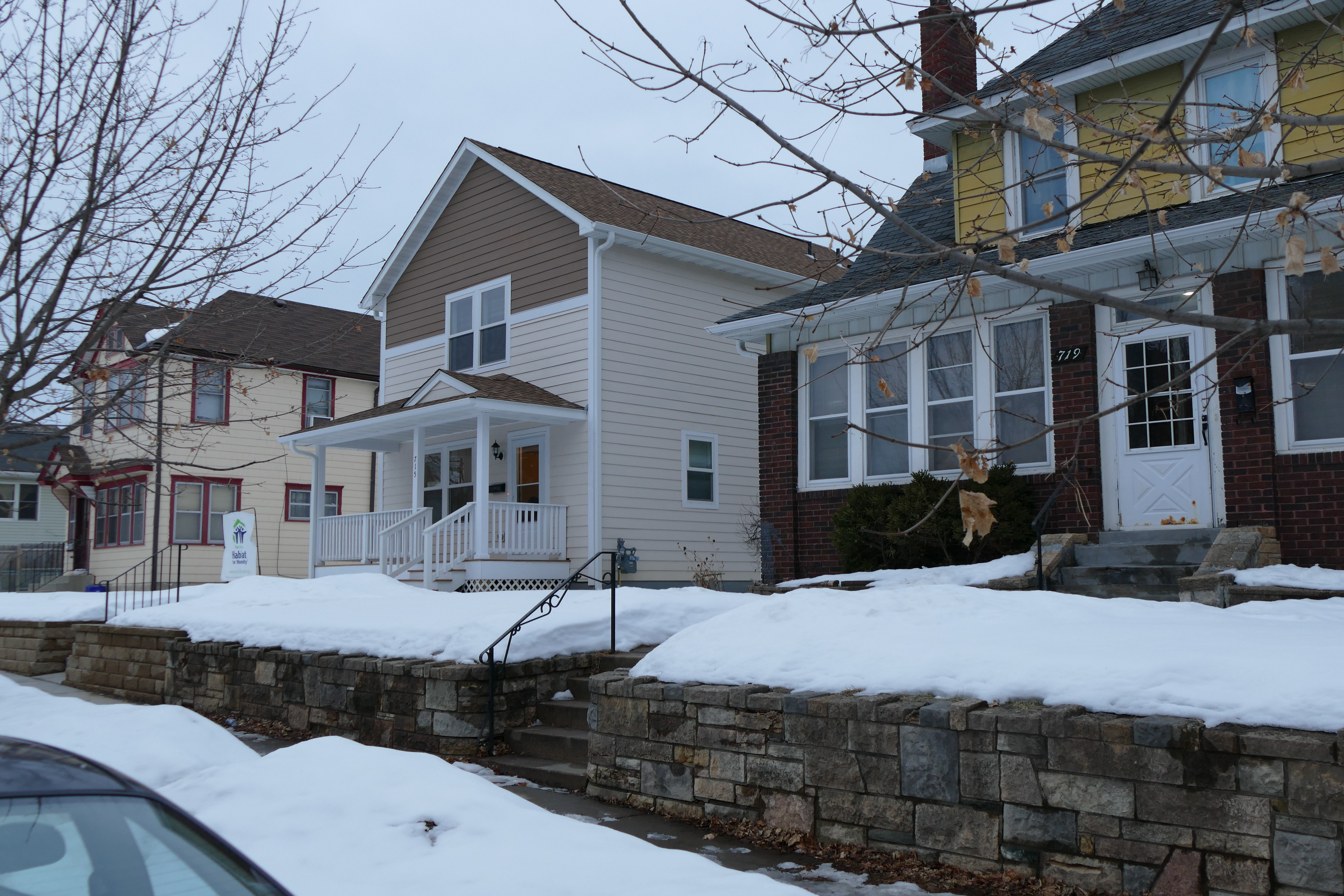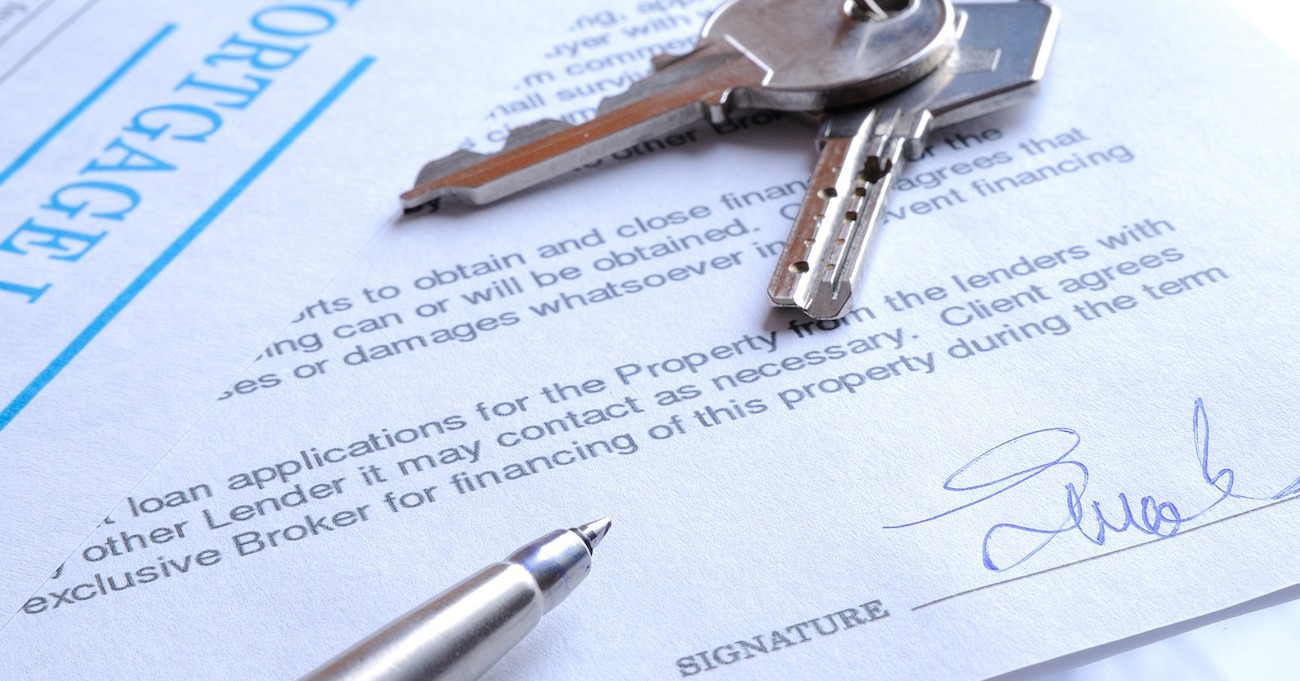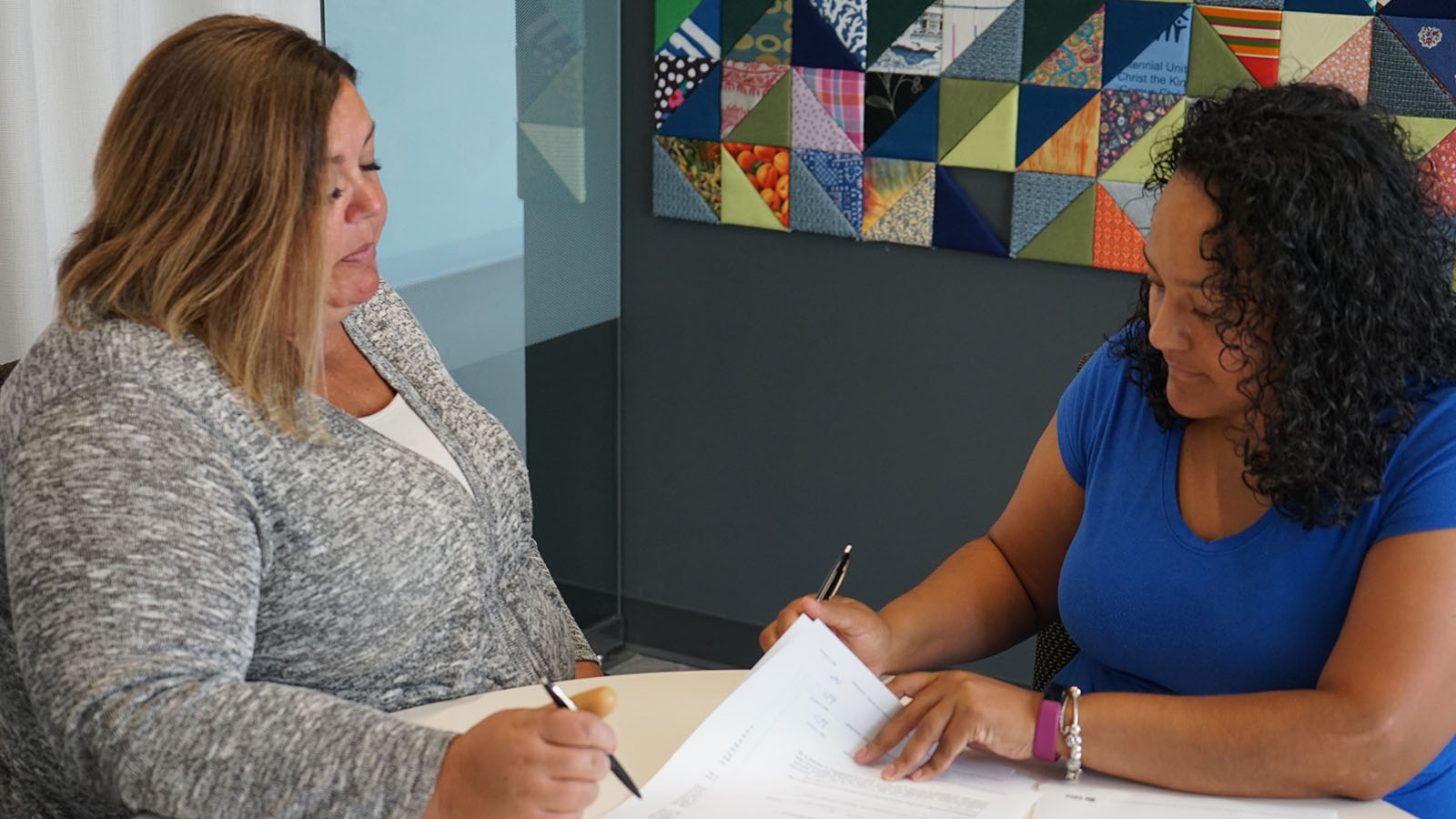Comparing a Habitat Loan with an FHA Loan
This blog mentions an out-of-date interest rate. For current information on Twin Cities Habitat mortgage interest rates, please visit our TruePath...
4 min read
 Twin Cities Habitat for Humanity
:
2:19 PM on November 19, 2025
Twin Cities Habitat for Humanity
:
2:19 PM on November 19, 2025

You've just closed on your home. Now comes the part many first-time homeowners find confusing: managing your escrow account.
If you're like most new homeowners, escrow is probably included in your monthly mortgage payment. Understanding how it works can help you avoid surprises and potentially save money.
Think of your escrow account as a savings account managed by your lender. Each month, you pay a set amount into this account. When your property tax and insurance bills come due, your lender pays them directly from this account. This means you don't have to come up with large lump sums twice a year for taxes or insurance. Instead, you pay a little bit each month, and your lender handles the rest. Your escrow payment can change year-to-year and it's important to pay attention to the numbers. It can save you money in the long run!
At least once a year, your lender will send you an escrow analysis statement. This statement shows how much money went into your escrow account and how much was paid out. It also tells you if your monthly payment needs to change for next year.
In Minnesota, you typically pay property taxes twice a year and insurance once a year. Your escrow account spreads these costs evenly across 12 months so you never face a huge bill all at once.
Here's a simple example:
Your lender also keeps a small cushion (usually two months' worth) in your account. This cushion ensures there's always enough money to cover your bills, even if costs go up slightly.
The two biggest factors that cause your escrow payment to change are:
Your annual escrow statement includes:
If you didn't pay enough (shortage): Your lender will increase your monthly payment to make up the difference over the next 12 months.
If you paid too much (surplus): Your lender will refund you (if it's over $50) or lower your monthly payment.
When you receive your escrow statement, take these steps:
One way to control costs is to check your insurance rate every year. If your rate increased, contact your insurance agent to check for any discounts, see if adjusting your deductible could lower your rate, or confirm if your coverage matches your needs. It’s also worth getting quotes from other insurance companies to compare.
You can change your homeowners insurance provider at any time. Just let your lender know so they can update your escrow account.
Keep up with your mortgage and escrow payments each month. If you fall behind, your escrow won't be updated properly. This makes the problem bigger over time. The longer you wait, the harder it becomes to catch up.

Your lender can help you understand your mortgage and escrow statement. They will respond to your questions within a couple of weeks if not sooner. If you have questions about why your payment changed, challenging your property tax amount, getting a better insurance rate, or your rights as a homeowner, call your mortgage lender. They must respond within 15 business days.
If you have a TruePath Mortgage from TCHFH Lending, Inc., your loan officer can walk you through your statement anytime.
Minnesota law protects homeowners with escrow accounts:
Escrow doesn't have to be complicated. Once you understand how it works, you can take control of your homeownership costs and avoid surprises. Check your statement each year, shop your insurance, and reach out for help when you need it.
Your escrow payment adjusts annually based on actual costs for property taxes and insurance. If either went up this year, your monthly escrow payment will increase to cover the higher expenses.
In Minnesota, you may be able to discontinue escrow after seven years if you have a conventional mortgage and haven't been delinquent. Your lender will notify you when you're eligible.
You can appeal your property tax assessment through your county assessor's office. The process and deadlines vary by county, so contact your local assessor as soon as possible.
Shop for better homeowners insurance rates annually, apply for Minnesota's homestead credit if eligible, and address any special assessments on your property immediately.
Any remaining balance in your escrow account will be refunded to you at closing, typically within 20 to 30 days after your sale is complete.
Your gift unlocks bright futures! Donate now to create, preserve, and promote affordable homeownership in the Twin Cities.

This blog mentions an out-of-date interest rate. For current information on Twin Cities Habitat mortgage interest rates, please visit our TruePath...

Buying a home comes with many different expenses to consider.

If you’re considering buying a home, it might be time to understand a mortgage. Taking on a mortgage can be intimidating, but you’ll be better...